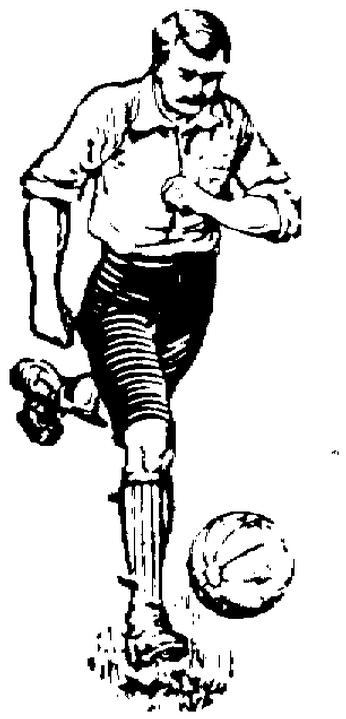
The soccer relationship between the two countries has a long and rich tradition. From the glory days of Alfredo Di Stefano in Madrid to the current brilliance of Lionel Messi in Barcelona, the number of Argentine players who move to the Spanish La Liga has almost always shown a growing trend. As a result, the way of expressing the vicissitudes of the game in Spain has been profoundly altered by the Southern Cone’s sports lingo, one that is rich in nuances. Moreover, the vast media coverage of the European leagues in South America makes the transfer of customs and usage of the sports speech, from Spain to the remotest regions of the Americas, close to inevitable.
In recent years, Argentina exported to Spain the term clásico to refer to matches between teams with historic rivalries. In the Rio de la Plata, the ultimate classic, or Superclásico, is the one pitting River Plate against Boca Juniors, the local porteño teams from the north and south end of Buenos Aires, respectively. In Spain, however, the biggest clash is between Real Madrid and Barcelona, which obviously do not share the same location, but they are the two clubs with the largest fan bases in the entire peninsula. The games between rival teams from the same city are traditionally called derbies*, so lately Spain took to using the Argentine clásico to refer to the preeminent national showdown.
A counter-example of an adopted form is found in one of the first differences I noticed between the soccer speech of the two countries, specifically the way both media and fans refer to the clubs. In Spain the article always precedes the club’s name (el Malaga, el Athletic, la Real Sociedad), whereas in Argentina this is not the case. What’s peculiar is that there is an exception, which is explained by the characteristics of the information age in which we live: when Argentines refer to Spanish clubs, they do so in the Iberian way, with the article. This was not always so, but became a trend as a result of cable television’s sports rebroadcasting and, more recently, Internet’s. It is fair to say then, that the evolution of corporate soccer and telecommunications over time will bring about new lexical exchanges and adoptions of consequence.
In my next post, I would like to comment on some other adopted expressions that I have picked up on in recent years. As always, I invite attentive blog readers to share, through your comments, any other linguistic elements of the sort that you may have registered either through travel, reading or broadcasts.
* In regard to the spelling of derby, the entry that the Dictionary – Style Book of El País devotes to the term is quite interesting:
“Derby (plural, derbies). This term has two meanings: one refers to the clash between two sports teams from the same city, a custom that was born in the English town of Derby, where this football match was played on Carnival (Shrove) Tuesday. The other refers to the races involving three-year-old horses, all with the same weight. In this second case, the term comes from the first horse that won a race of this kind, and whose owner was the seventh lord of that city, Lord Derby. Therefore, if anything, it is to be spelled as derby, and not “derbi,” as the Academy has accepted it amid criticism from some of its most prominent members.”
To read the original Spanish post go to:
¿El clásico o el derby?
